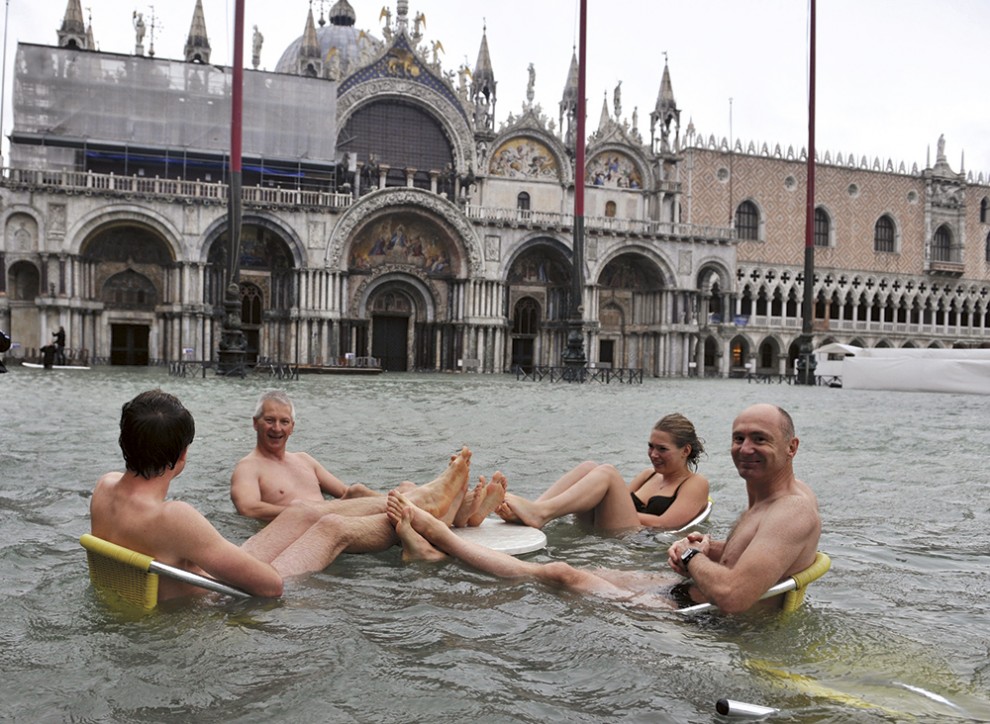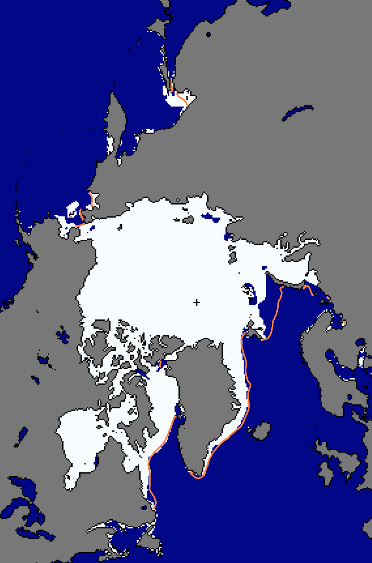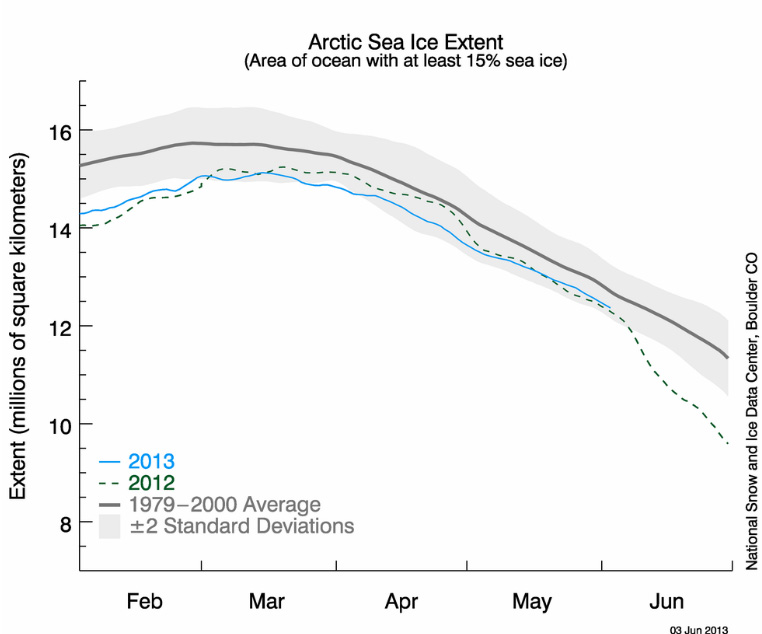
It’s getting increasingly hard for an old man, such as myself, to listen to the latest status reports on the state of the climate on terra firma and not think, “what do you want me to do about it?”, because there appears to be nothing I can do about it.
The idea that the countries of the planet can somehow get together to stop what clearly is happening seems quaint, or, perhaps, a piece of science fiction. The countries of the planet are not going to get together anytime soon; the people in this country aren’t even going to get together on the issue anytime soon. That much surely must be obvious to people casually following the ongoing debate.
Those same thoughts were racing through what’s left of my mind today while listening to Kerri Miller’s conversation on the Daily Circuit with scientists who specialize in mammals of the Arctic. One was describing the thinning ice there, and its impact, setting off a cycle of melting that — it seemed to me — cannot possibly be reversed.
That’s when one of them — I couldn’t tell if it was University of Washington marine mammal ecologist Kristin Laidre or Kate Stafford — said it out loud.
“It may be too late,” she said. “We’ve probably reached the tipping point.”
“What does that mean for the mammals?” Kerri asked.
She probably didn’t mean the only mammal I was particularly concerned about. It seems relatively obvious what’s going to happen to the mammals who depend on a habitat that needs ice.
As of yesterday, here’s the status of Arctic ice. The orange denotes the median ice pack for the last quarter of the 20th century.

This Snow and Ice Data Center graph — updated yesterday — showed the rapid reduction in ice in 2012, and so far 2013 looks to be about the same.

On his Updraft blog, meteorologist Paul Huttner notes that Minnesota is literally “the coolest place on earth.” But the rest of the planet is anything but. “Globally, 2013 is the 8th warmest year on record so far,” he says.
We have spent so many decades listening to the debate over whether climate change is occurring, that we seem to have finally reached the point where the conversation must transition to something more. Do we move inland? Do we begin to abandon the coastal cities? Do we shovel sand against the tide? Do we just open the champagne and toast a planet on which we had a great run, while we listen to the band play Nearer, My God to Thee?
When a scientist says “it may be too late,” it’s time to have a different conversation.
